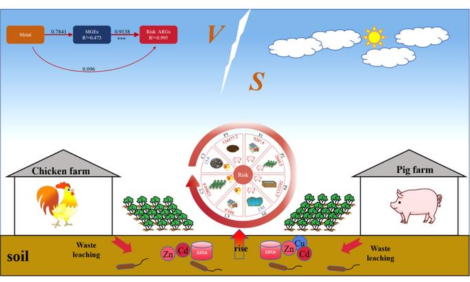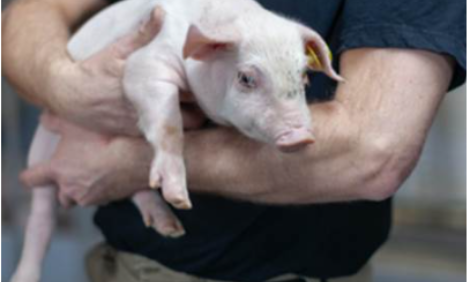



How safe and secure is your pig unit?
The National Pig Association (NPA) provides an end-of-day checklist to help you ensure your unit is left exactly as you would want it to be found.Over the last 12 months, the British pig industry has been at the centre of a number of online exposés concerning pig welfare. Public release of video footage showing below-standard conditions in swine units certified by UK assurance schemes has stirred public concern. Animal welfare is a bastion of UK farming, and is of increasing importance around the world. Legally, if the conditions in a swine unit are not conducive to good health and welfare – and are certainly not meeting legal standards – farms must be dealt with by authorities on an individual basis and changes made.
With this in mind, there are a number of ways that you can prepare your farm and your staff so that your herd is always found as you would want it to be.
Lizzie Wilson, National Pig Association (NPA) policy services officer, encourages all producers to follow a list of end-of-day procedures. "Tasks that you might normally complete the next morning are better done before locking up," she says.
Put welfare first
- Before you leave check whether the livestock need anything, and provide it.
- Remember, if it needs an explanation to say it’s okay, then it’s not okay.
- Have all the pigs got sufficient bedding for the night?
- Have all pigs been released from service stalls?
- Should any livestock be hospitalised tonight?
- Ensure any animals that have received treatment have been spray-marked.
- Carry out temporary repairs to any damage so there are no injuries during the night.
- Consider… how good does the worst pig on the unit look?
- Don’t go home until you have resolved any issue you wouldn’t want to see in the Press tomorrow.
Keep your unit tidy
- Put the dead bin where it cannot easily be seen.
- Put all dead pigs, tails and afterbirth in the dead bin and lock it.
- Under no circumstances leave dead pigs in passageways overnight.
- Treat drugs for what they are – drugs – and keep them clean, cool and secure.
- Never leave bottles on display, with syringes sticking out of them.
- Put away deliveries promptly – boxes and parcels piled up in the entrance porch give a wrong first impression.
- Lock away all paperwork and safely dispose of old paperwork.
- Refill the incinerator.
- Everything has a home. Put it back at the end of each day so it’s easy to find tomorrow.
- Spilt feed is unprofitable. Clean it up or rats and mice will.
- Remember – anything that doesn’t look right, isn’t right.
Never forget security
Ensure all lights are off and doors are locked.
Identify vulnerable areas/points onto your unit: public footpaths and rights of way, gates hidden from view or unmonitored, any point near a road or track or any point that you would consider best if you were to break in to your unit.
Do you enforce efficient staff communication and training? How well do you and your team communicate about issues and are they reported on a daily basis? Do you follow the NPA ‘Tidy Unit’ poster for your end of day routine? Do you identity check visitors prior to allowing them on farm (including new and prospective employees, vet students and government agency staff) and make them sign the visitors book?
Are you a member of the Confidential Reporting Service (CRS)?
Do you use security-lighting such as movement activated spotlights, CCTV, time-lapse cameras and infrared/laser technology can all be used, and positioned at particularly vulnerable points on the unit.
Do you have clear signage for rights of way? There should be obvious signage around the unit that clearly state to any visitor that they must make their presence on the unit known by either first visiting the farm office or calling a specified telephone number.
Work smarter tomorrow
- Act as if the farm assurance auditor or a member of the public is coming round today.
- Every week walk round a part of the unit you are not responsible for – fresh eyes see more.
- Get onto maintenance early, before a routine job becomes a full-blown crisis.
- Tidiness is a state of mind and should be part of the way you work – it saves time.
- String, muck, paper, you name it… if you drop it, pick it up.
- Contingency planning – if your assurance was ever suspended pending an investigation, or even withdrawn for a period, RT requires that you have a contingency plan in place to prevent overstocking. Do you have an alternative market for any unassured pigs?
Pig farmers can contact NPA for more detailed guidance and support.









